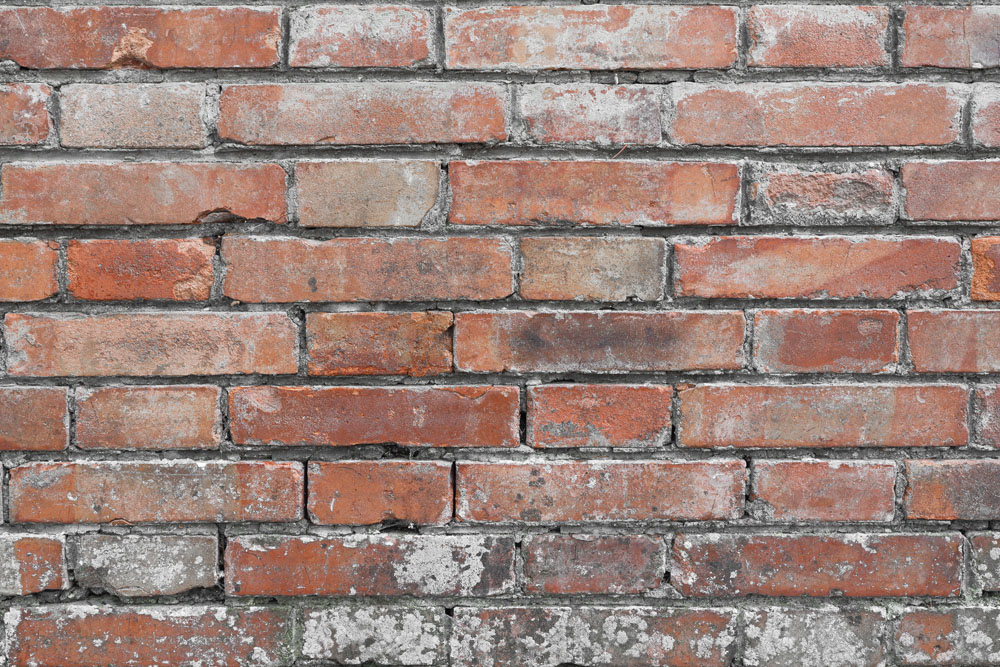Introduction
In the realm of construction, few things carry as much weight as the choice of a masonry contractor. Whether you're laying the foundation for a towering skyscraper or renovating an existing commercial space, the right masonry contractor can make all the difference. With so many options available, how do you ensure that your choice leads to success rather than setbacks? In this comprehensive guide, we’ll delve into why choosing the right masonry Additional reading contractor is crucial for your commercial project and explore various aspects to consider.
Why Choosing the Right Masonry Contractor is Crucial for Your Commercial Project
When embarking on a commercial construction project, selecting a skilled masonry contractor is one of the most critical decisions you'll face. A competent masonry contractor not only brings technical skills but also industry knowledge that can save time and money. Poor choices can lead to structural failures, increased costs, and extended timelines.
The Importance of Experience
Understanding Industry Standards
Experience matters in masonry work because it often dictates familiarity with industry standards. An experienced contractor knows building codes and regulations inside and out, ensuring compliance from day one.
Technical Proficiency
Masonry isn't just about stacking bricks; it's a complex art that requires precise techniques. Experienced contractors will have honed their craft over years of practice, which means they’ll execute projects more efficiently.
Problem-Solving Skills
Every construction project will encounter challenges. Experienced masonry contractors have seen it all—unexpected soil conditions, design changes, or weather delays—and know how to navigate these issues effectively.
Assessing Credentials and Qualifications
Licensing Requirements
Before hiring a masonry contractor, check their licensing status. A licensed contractor has met specific state requirements and adheres to professional standards.
Insurance Considerations
A reputable masonry contractor should carry liability insurance and workers' compensation coverage. This protects you from unexpected financial burdens caused by accidents or damage during construction.
Certifications Matter
Look for additional certifications that may indicate specialized training in areas like green building practices or historic restoration.
Reviews and Testimonials: What Clients Say Matters
Online Reviews
Websites like Yelp and Google Reviews offer insights into past client experiences. Positive reviews can be a good indicator of reliability and quality workmanship.
Word-of-Mouth Recommendations
Sometimes, personal recommendations hold more weight than online reviews. Ask colleagues or friends about their experiences with local contractors.
Case Studies
Request case studies from potential contractors outlining previous projects similar to yours. This gives you an idea of their capabilities and results.
Evaluating Technical Skills
Portfolio Examination
Reviewing a prospective contractor's portfolio allows you to gauge their style and quality of work directly. Look for projects similar in scope to your own.
On-Site Assessments
If possible, visit current job sites managed by the contractor. This hands-on observation provides insight into their work ethic and efficiency on-site.
Cost Considerations: Quality vs Price
Understanding Estimates
When asking for estimates, ensure they are detailed enough to understand what’s included—materials, labor costs, timelines—so you won’t face unexpected expenses later on.
Don’t Go for the Lowest Bid
While budget is essential, choosing the lowest bid may lead to poor-quality materials or workmanship issues down the line. Sometimes spending a bit more upfront saves you from significant headaches later on.
Communication Skills: A Key Factor in Success
Clarity in Dialogue
A good masonry contractor should communicate clearly about timelines, costs, and project expectations. Effective communication minimizes misunderstandings throughout the project lifecycle.
Responsiveness Matters
How quickly does a prospective contractor respond to your inquiries? Promptness can be an indicator of how they manage projects once hired.
Understanding Different Types of Masonry Work
Brick Masonry: The Classic Choice
Brickwork has stood the test of time due to its durability and aesthetic appeal. Understanding this type helps clarify why choosing the right masonry contractor is crucial for your commercial project when planning brick installations or repairs.
Stone Masonry: Nature’s Beauty
Natural stone adds elegance but requires specialized skills to handle properly. Ensure your chosen mason has experience with stone types relevant to your project's needs.
Block Masonry: Economical Yet Strong
Concrete blocks provide strength at a lower cost but require meticulous installation techniques—not every contractor is equipped with this know-how!
The Role of Technology in Modern Masonry Work
Advanced Tools & Equipment
Technology has revolutionized masonry work; using modern tools increases precision while reducing labor hours significantly!
Software Solutions for Project Management
Some contractors utilize software solutions that enhance scheduling efficiency while tracking budgets—a savvy way to streamline workflow!
FAQ Section
What should I look for when hiring a masonry contractor?
Look for experience level, licenses/insurance coverage, reviews/testimonials from previous clients along with detailed estimates.
How do I know if my project requires specialized skills?
Consult with architects or engineers involved in your project; they'll help identify specific skill sets needed.
Is it necessary to get multiple bids before hiring?
Absolutely! Gathering multiple bids allows comparison between services offered as well as price points.
What happens if there’s an issue during construction?
A reliable masonry contractor will have procedures in place for addressing problems promptly without compromising quality.

Can I change my mind about materials after starting?
While changes are possible mid-project, they may incur additional costs/budget adjustments depending on timeline constraints.
li6/ol1/hr5hr5/hr6hr6/##
This article serves as both an informative guide and a call-to-action—to encourage diligence when making such vital selections within any upcoming ventures ahead!